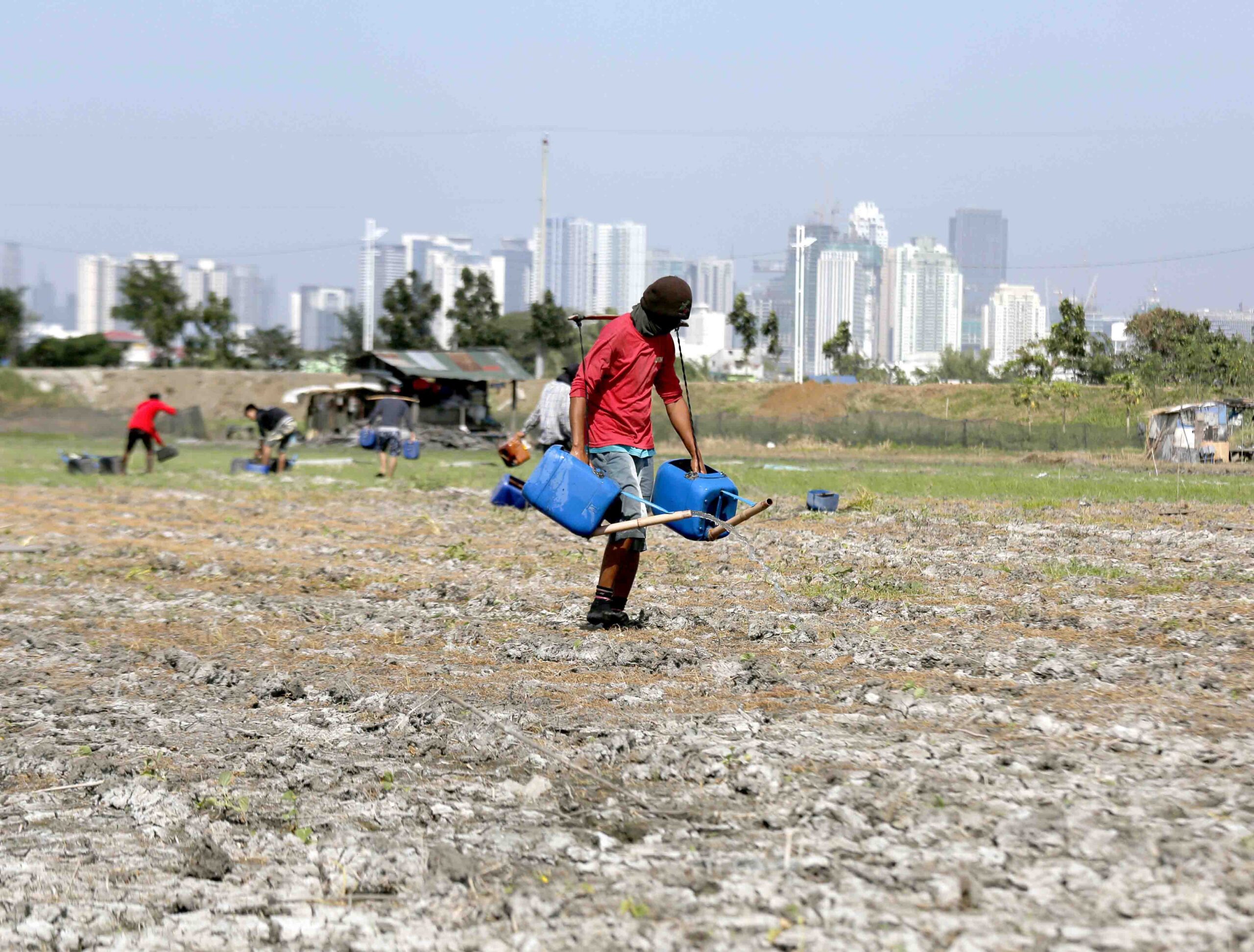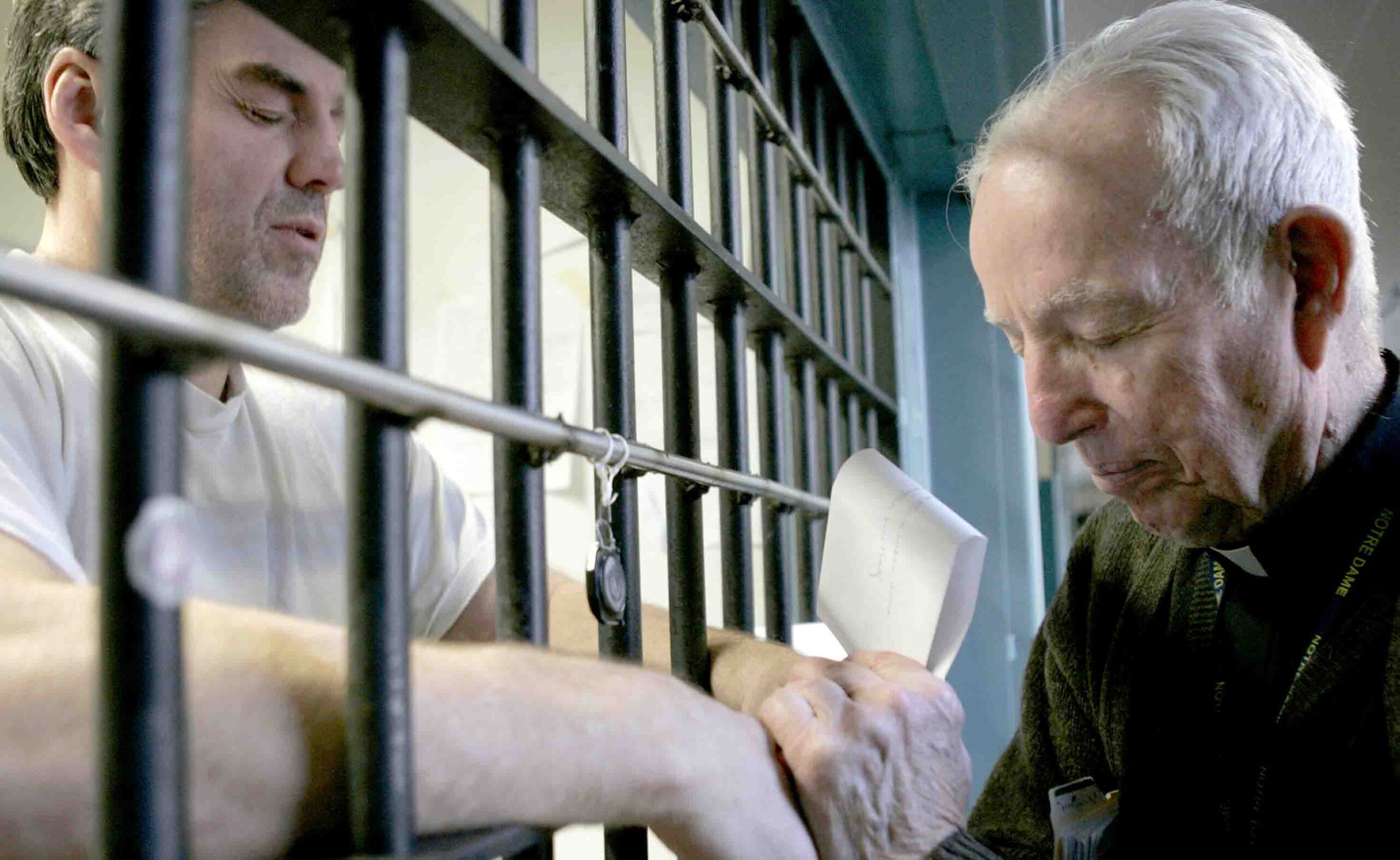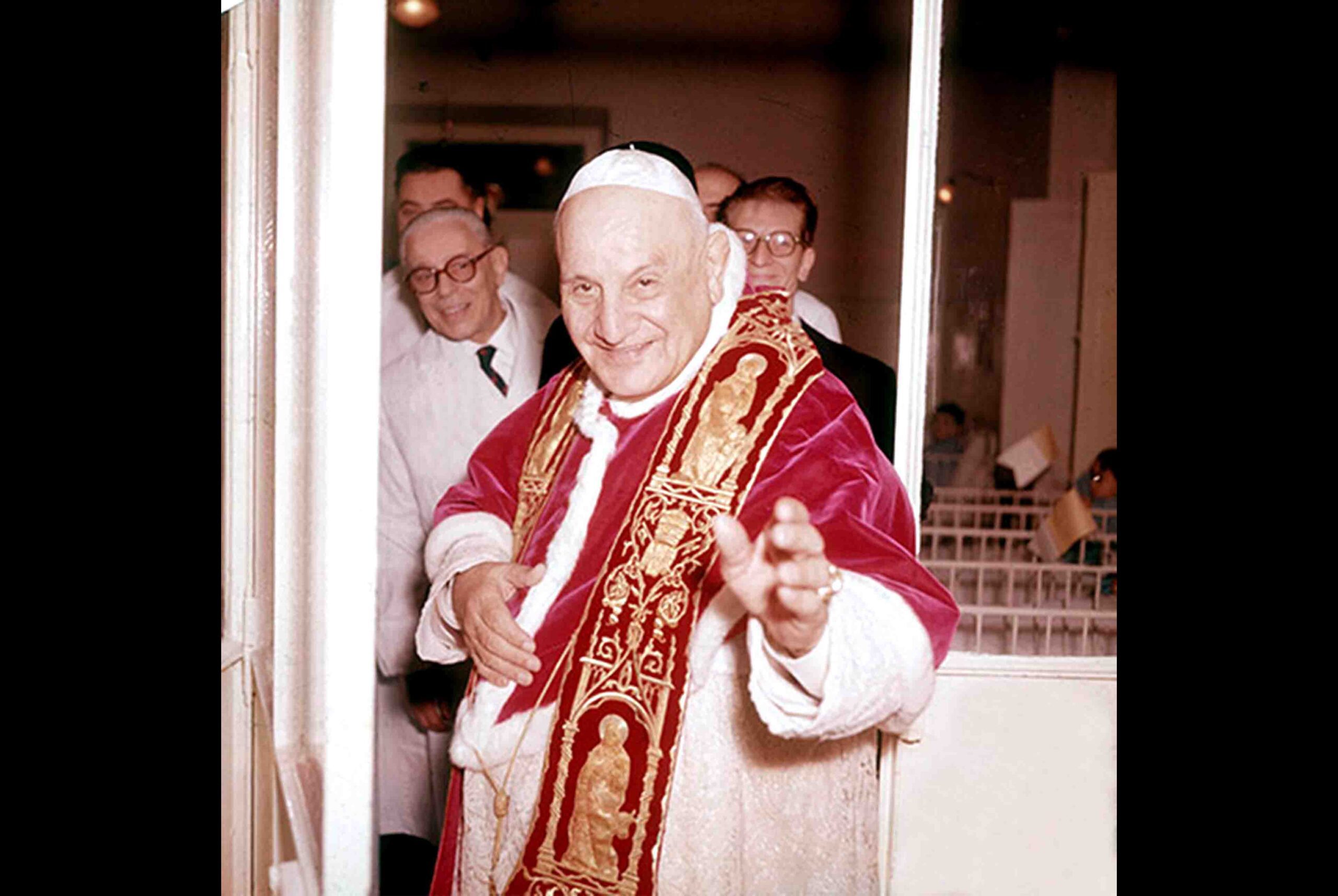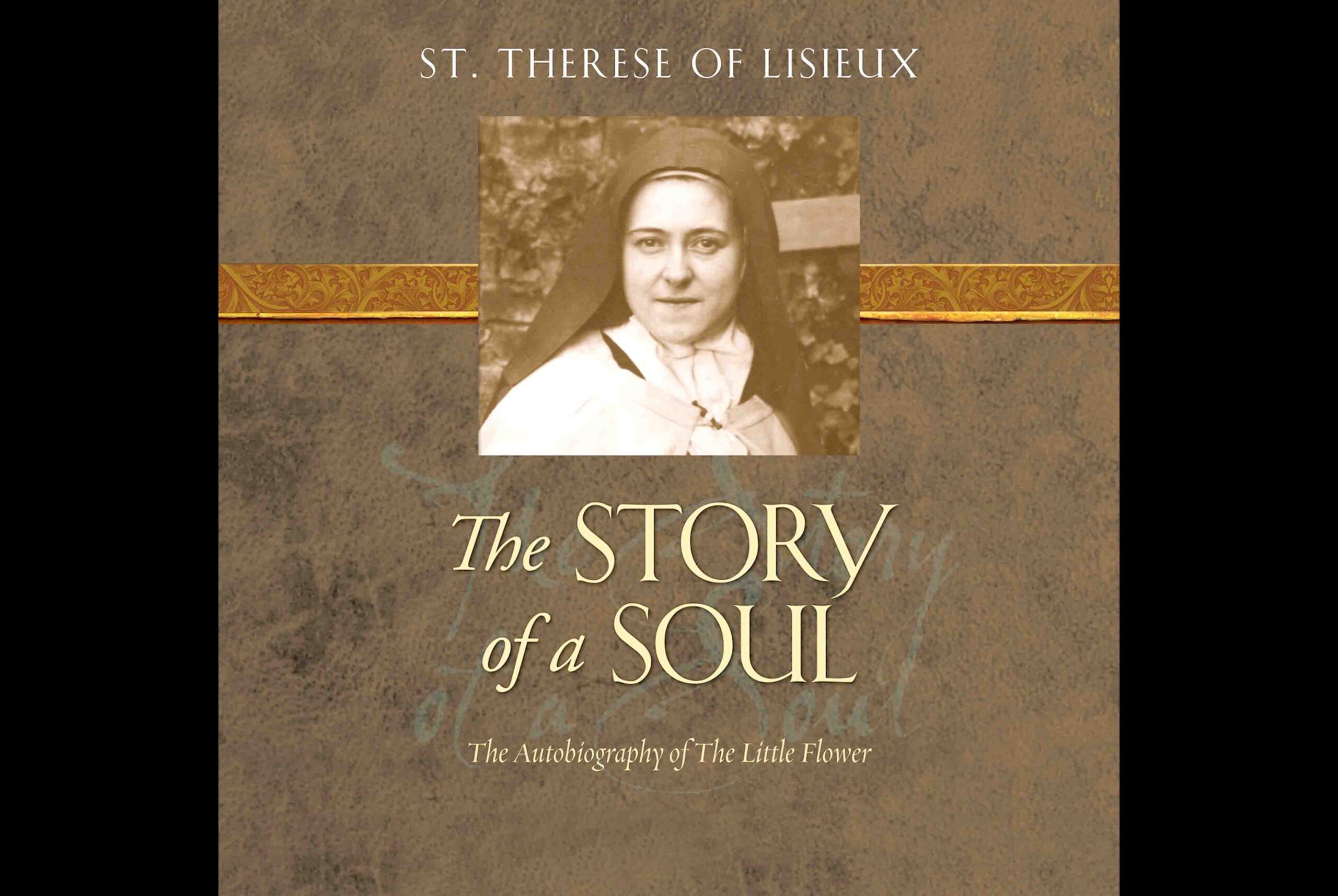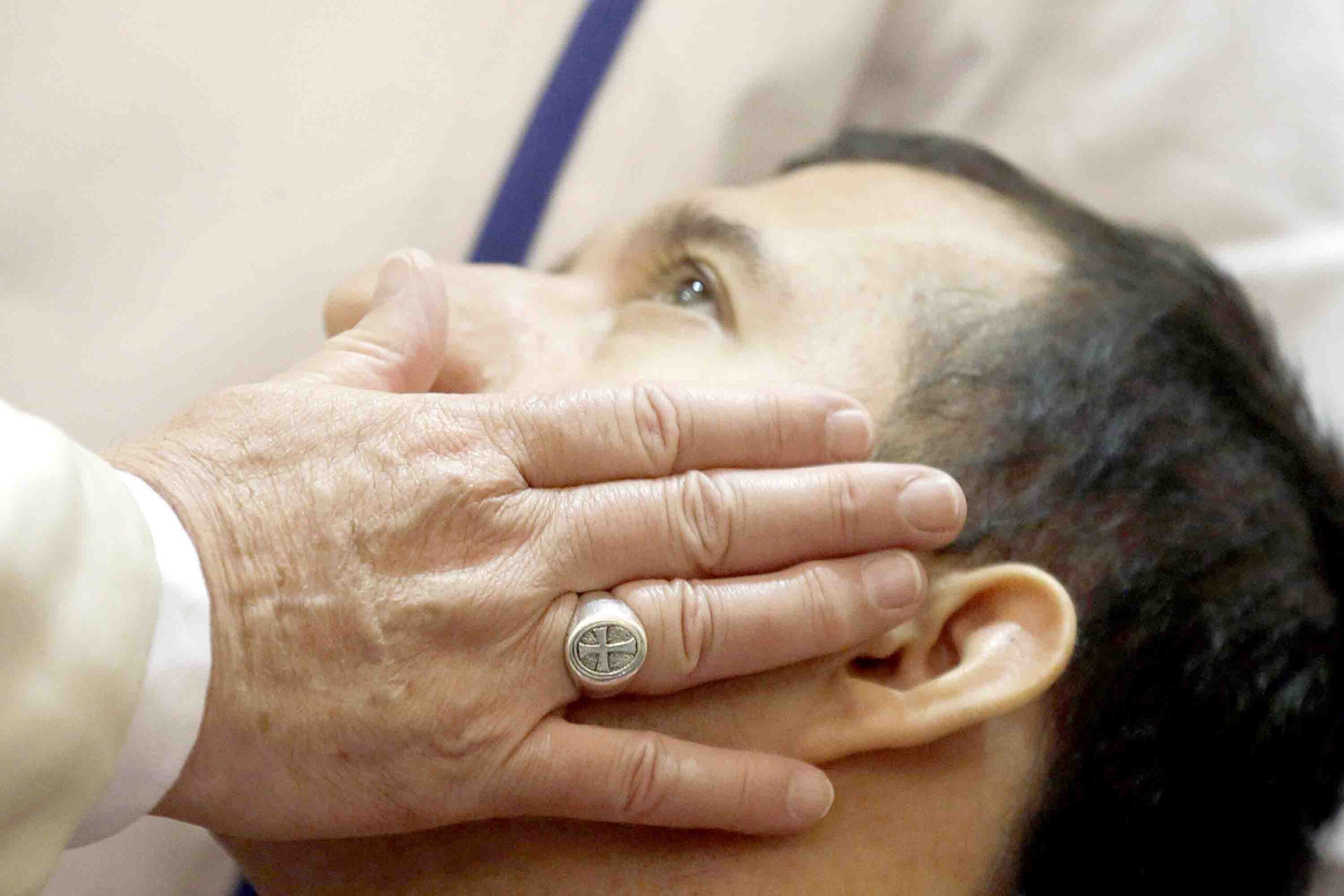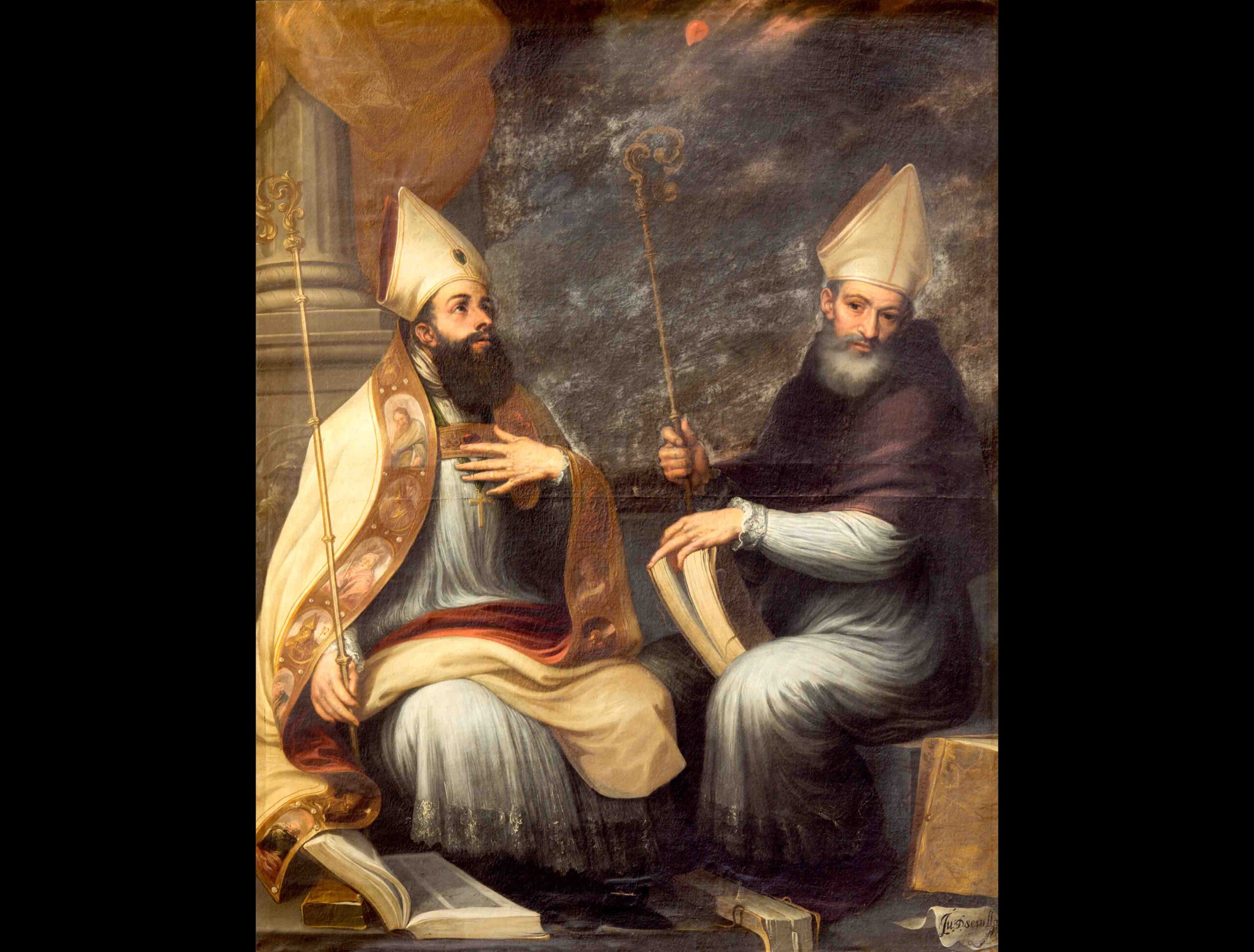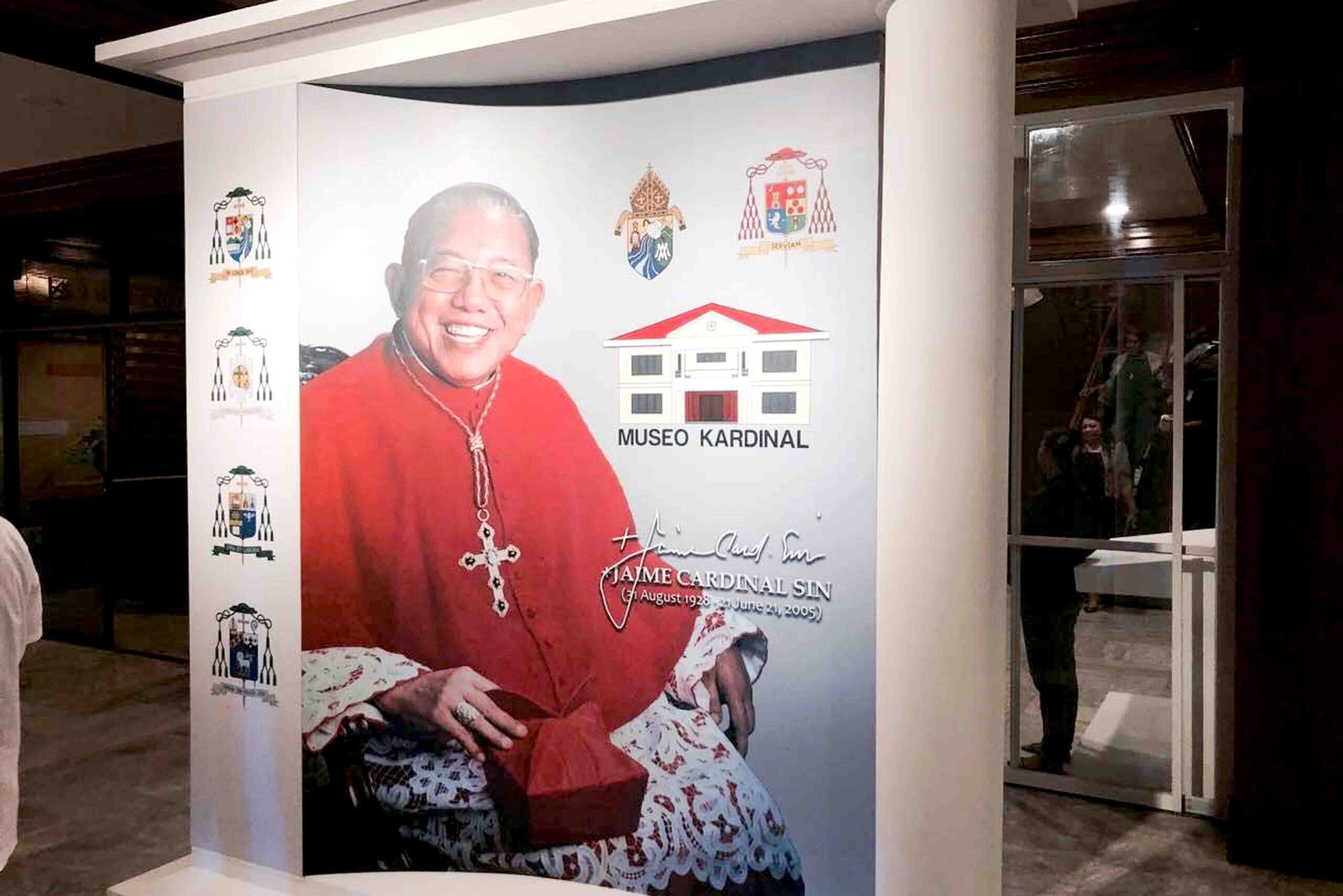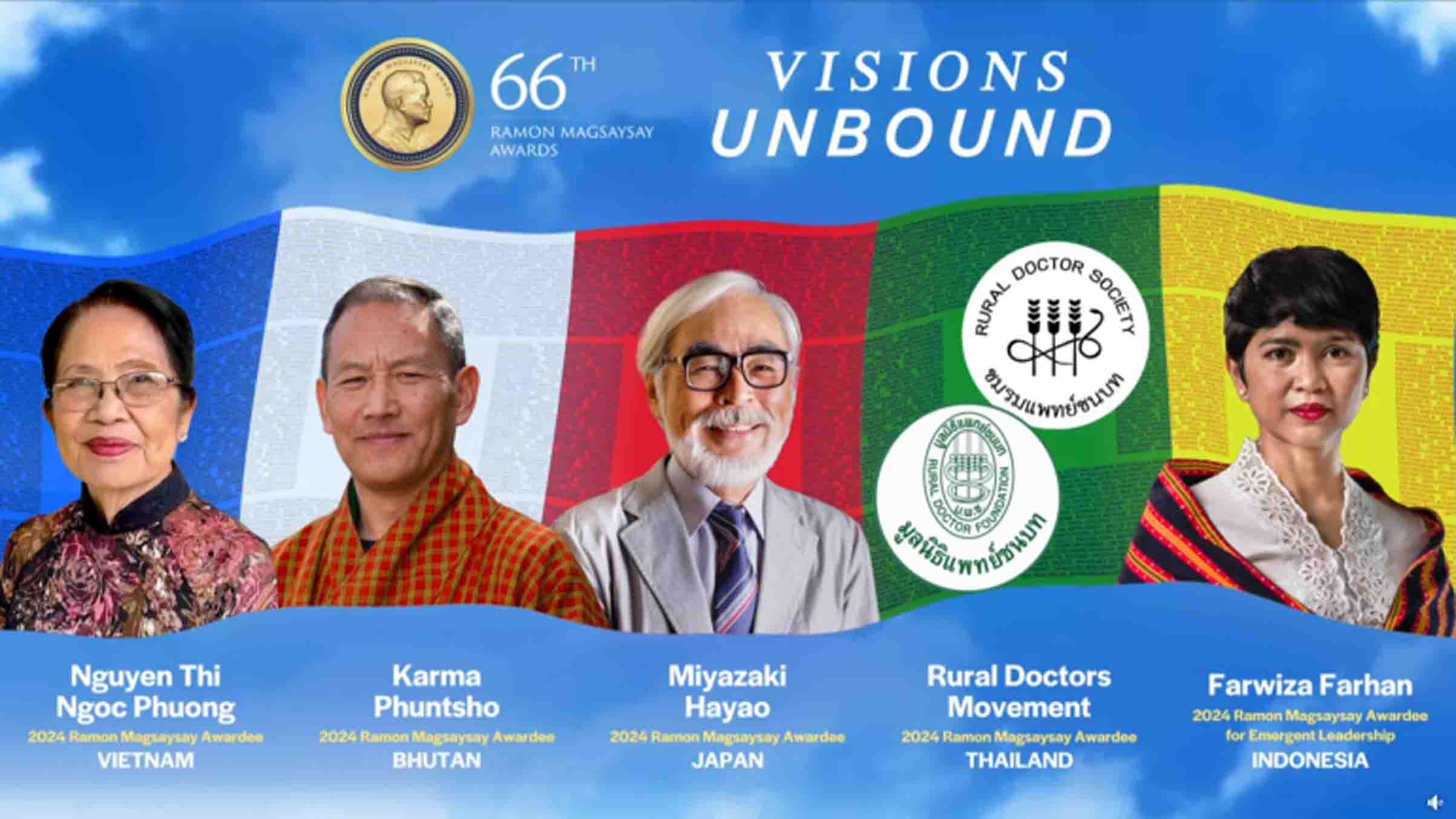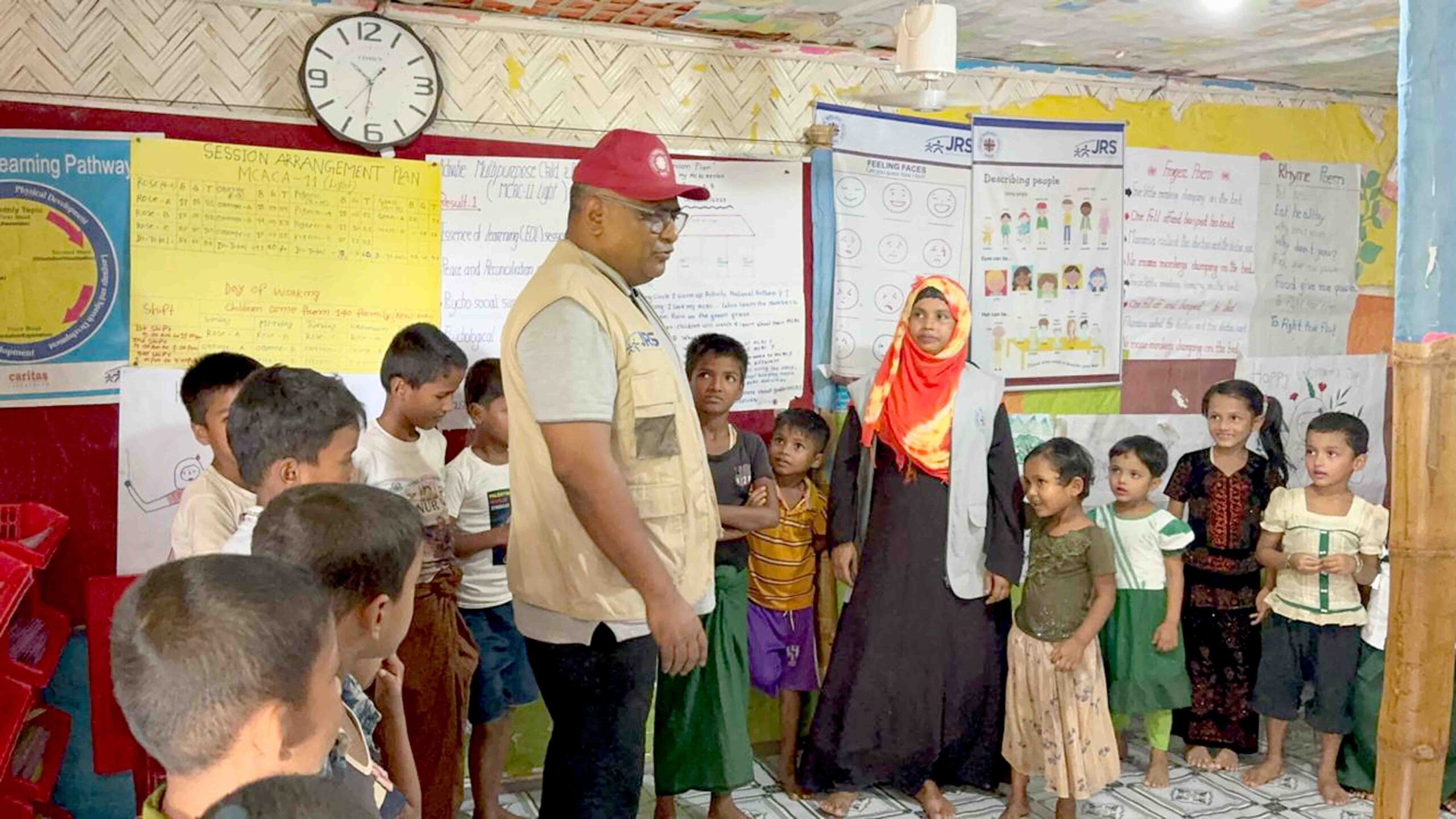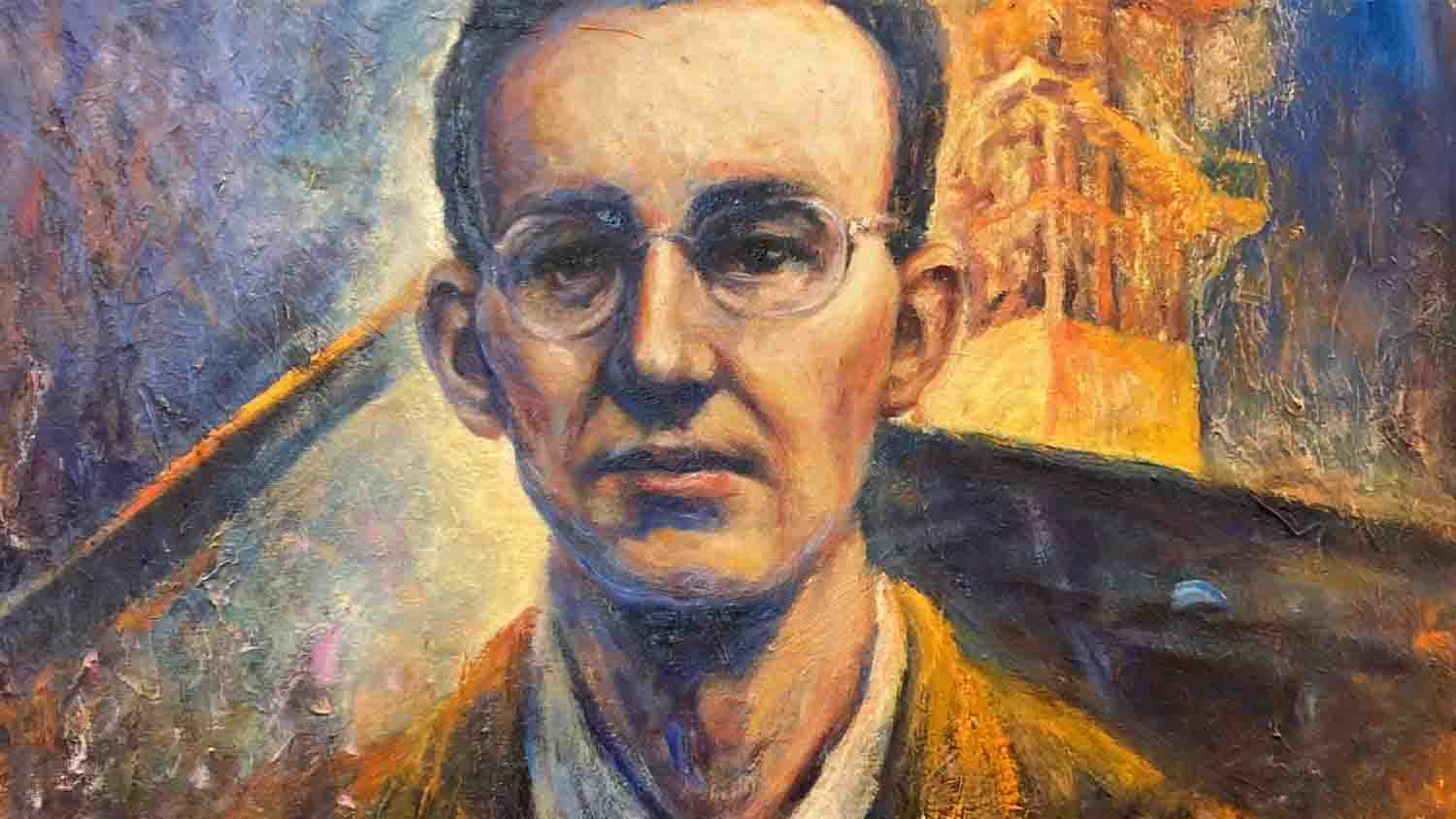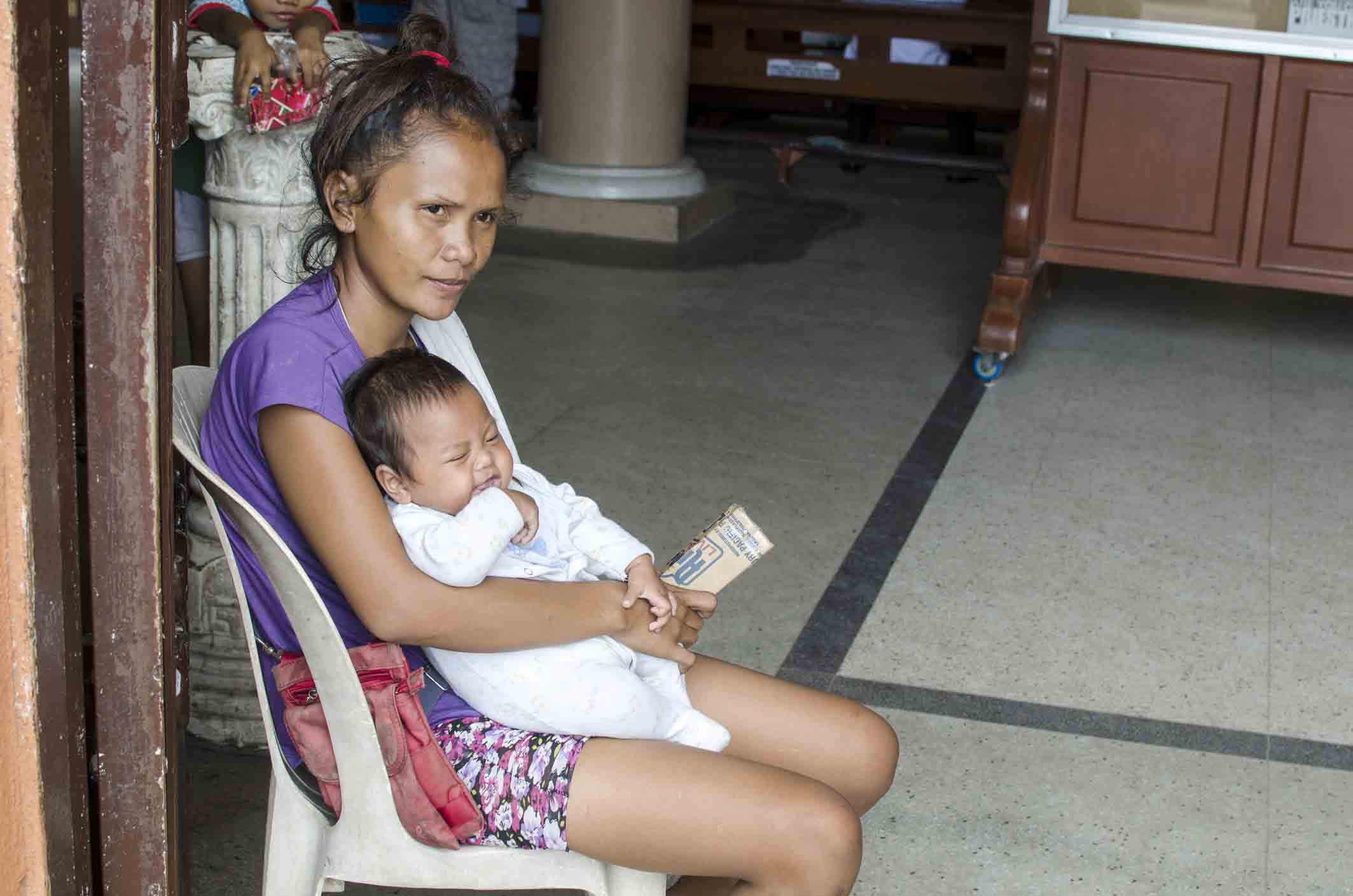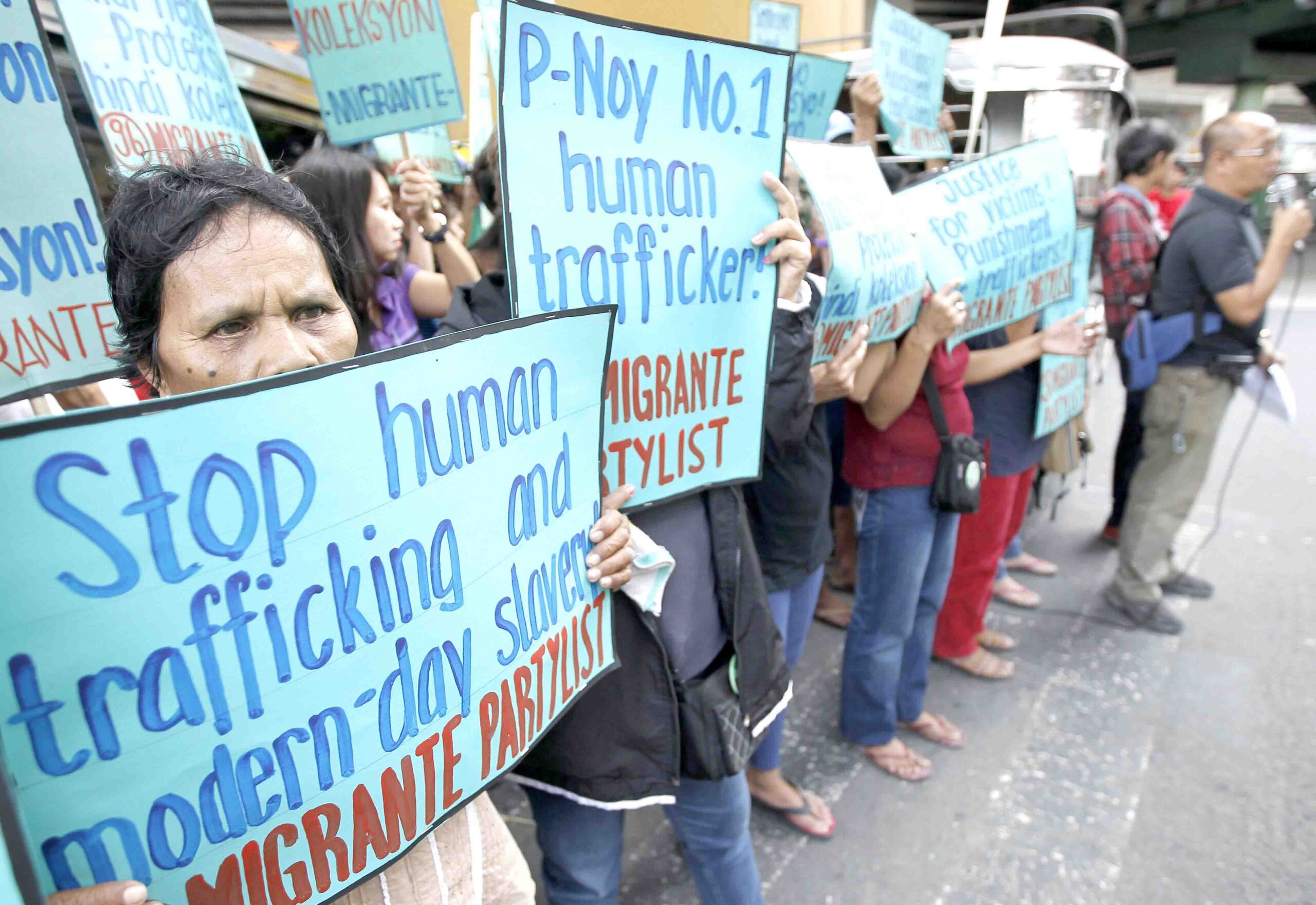In his first pastoral visit to the Philippines, St. John Paul II told the owners and farmers of sugar plantations in Bacolod on February 21, 1981, that “the preference for the poor is the Christian preference.” Since that visit, Filipino bishops have tried hard to make it happen in their dioceses. In 1991, through the Second Plenary Council (PCP II), the bishops decided, not just individually but also collectively, to walk the talk by applying the saintly Polish pontiff’s wise advice.
I recall the open-ended question the late Archbishop Leonardo Legaspi asked during the Second Philippine Plenary Council, which I was privileged to have attended in 1991. That question remains fresh in my old gray matter as an undeserving participant.
THE MAJORITY LIVING IN POVERTY
The good archbishop said in the great assembly, “We see children begging daily on our main streets. Their sunken eyes match their swollen stomachs” (and more). Then he dropped the bomb and asked, “After almost 500 years of Christianity, why are the majority of our brothers and sisters still living in conditions of poverty?”
You and I know that the Philippines is so blessed with natural resources and unlimited human talent. We are a nation of competent, skilled, and world-class workers. We are not lazy or indolent. But while our lands are so fertile and our seas are so vast, why are our farmers and fishermen poor? Thus, even in the new millennium, we have all the reasons to share the good archbishop’s concern.
Since “no two things differ more than abstract and actual poverty,” as Scottish novelist Mary Ferrier (1782-1854) has put it, the Church in the Philippines was challenged to abandon the mere abstract elucidation of poverty on a theoretical level. No more talks on poverty; instead, the Church should do something concrete to help the poor.
The Christian preferential option for the poor is characterized by the following:
IT IS MORE THAN DOLEOUTS. Love for the neediest is “a special form of primacy in the exercise of Christian charity” (Sollicitudo Rei Socialis, n. 42). Material sharing and cash gifts are good, but the preferential option for the poor transcends such actions. “Do not give fish. Teach them how to fish,” as the Chinese proverb conveys.
IT IS MORE THAN PUBLIC RELATIONS (PR). Option for the marginalized surpasses the key result areas (KRA) of the office of the PRO, or public relations officer. Love for those on the fringes of society, laylayan, is not a photo op or for a show, at hindi ito ipinagyayabang. Neither an image-building nor propaganda, the option for the poor should approximate what our Lord has commanded: “When you give to the needy, do not let your left hand know what your right hand is doing” (Matthew 6:3).
IT IS ALL-INCLUSIVE. The Roman Catholic Church has a special love for the last-lost-least sector of society, or those wala-nawala-binalewala. Nonetheless, “it is not exclusive or excluding love in such a way that there is no room in a Christian’s heart for those who are not poor. Christians must always love all, just as Christ could love the well-to-do like Zaccheus and the family of Martha, Mary, and Lazarus” (PCP II, Nos. 126-127).
IT IS A WITNESS TO HUMAN DIGNITY. When we, Christians, opt for the poor, we gladly affirm that the homo sapiens is, first and foremost, the imago Dei, who is worth more for what the person is than for what the person has, and that “‘being’ is more important than ‘having’” (Sollicitudo Rei Socialis, n. 28). This principle can finally demonstrate the truth that human dignity cannot be ruined into shreds by paucity, defenselessness, and abuses to which the poor have been unjustly subjected.
IT LEADS TO A BETTER APPRECIATION OF THE UNIVERSAL DESTINY OF GOODS OF THE EARTH. Our option for the poor means that we accept that “private property, in fact, is under a ‘social mortgage,’ which means that it has an intrinsically social function, based upon and justified precisely by the principle of the universal destination of goods” (Sollicitudo Rei Socialis, n. 42).
We begin, in our little way, with the concrete practice of the seven corporal works of mercy : Feed the hungry, give drink to the thirsty, visit the prisoners, clothe the naked, provide shelter to the homeless, and bury the dead. When we do this, we love the poor as Jesus loves them. We accomplish it today, not tomorrow–not just once, but many times over and regularly in accordance with one’s capability.
“Whatever you do to the least of My brethren, you do unto Me,” says our Lord in Matthew 25.
Dr. José Mario Bautista Maximiano is the Lead Convenor of the Love Our Pope Movement (LOPM) and author of the 3-volume work on Church Reforms (Claretian, 2023, 2024, 2025) and the 3-volume work on 500 Years of Christianity in the Philippines (Claretian, 2021, 2022). Email: jomaximiano@gmail.com

